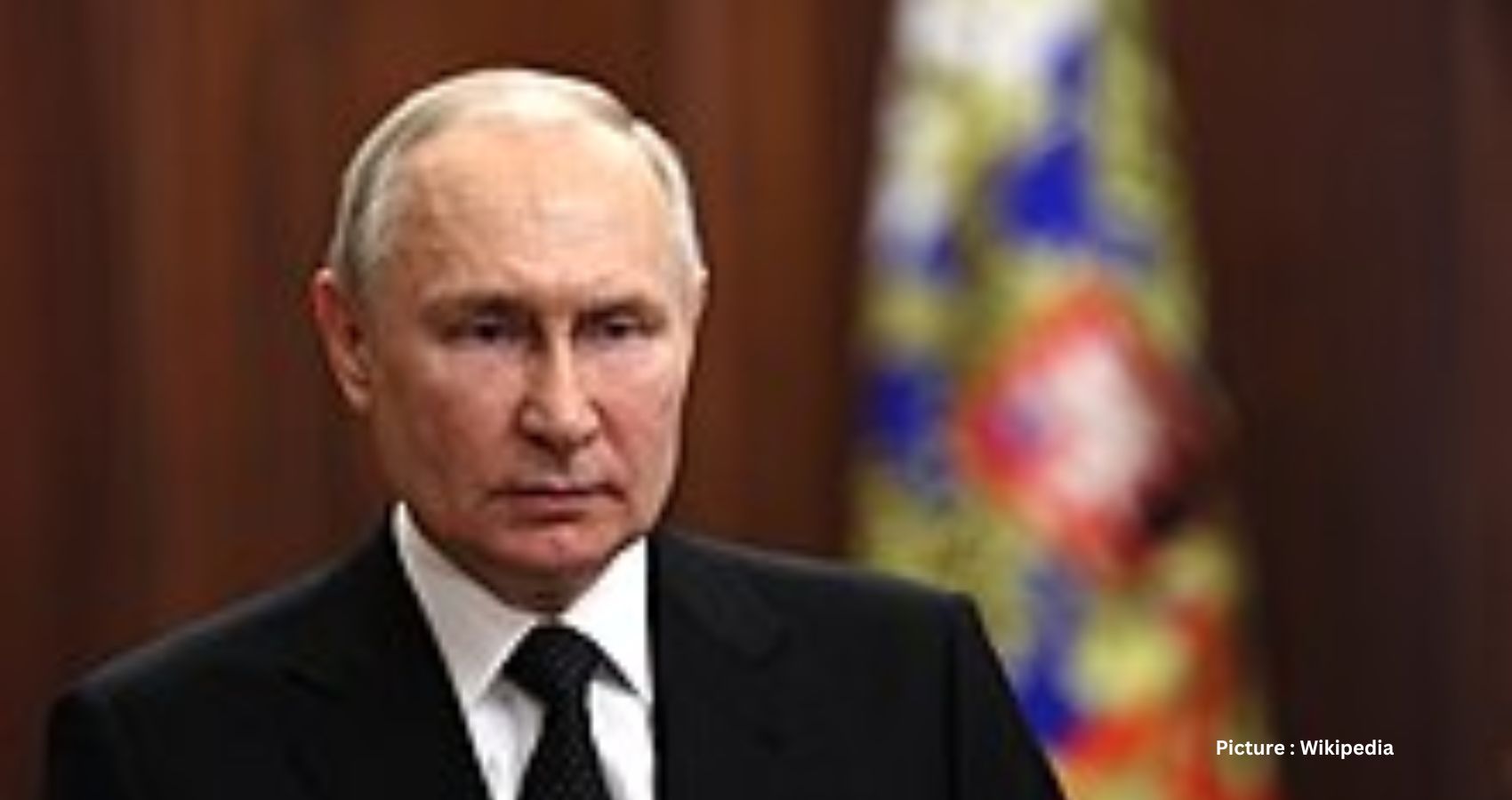Vladimir Putin took the oath for his fifth term as Russia’s leader on Tuesday, reinforcing his authority over the nation in a grand ceremony held in the Kremlin amidst the backdrop of escalating tensions with the West due to Russia’s military activities in Ukraine. The 71-year-old Putin’s reelection in March, characterized by the suppression of political opposition, marked a continuation of his uninterrupted 25-year rule and heralded the onset of Russia’s heightened global isolation and domestic authoritarianism.
Asserting his commitment to serving the Russian people, Putin placed his hand on the Russian Constitution during the ceremony, declaring, “We are a united and great people and together we will overcome all obstacles, realize all our plans. Together we will win!” The inauguration, boycotted by the United States and several other Western nations, followed Putin’s recent nuclear rhetoric, intensifying tensions further.
Russian state television broadcasted the ceremony live, capturing Putin’s entrance into the Kremlin amidst falling snow. The event was attended by dignitaries, including Cabinet members, lawmakers, and celebrities such as American actor Steven Seagal, a longtime supporter of Putin, who lauded the ceremony as “the best.” After greeting attendees, Putin emphasized Russia’s sovereignty in determining its future and expressed openness to dialogue with Western nations on revised terms.
Addressing the audience, Putin paid tribute to those involved in Russia’s military operations, referring to them as heroes fighting for the motherland. He framed Russia’s actions in Ukraine as a response to perceived Western aggression, presenting the conflict as an existential struggle for Russian sovereignty. High-ranking officials from Russian-annexed Ukrainian regions praised Putin’s leadership and speech, highlighting the significance of the event.
The absence of numerous foreign dignitaries underscored the deteriorating relations between Russia and Western powers, particularly over the conflict in Ukraine. Putin’s directive for tactical nuclear weapons drills prior to the inauguration was seen as a message to Western adversaries, responding to perceived threats and provocative statements from Western officials, including French President Emmanuel Macron and British Foreign Secretary David Cameron.
While Putin faces minimal domestic opposition, speculation persists regarding potential government reshuffling following the ceremony. Attention is focused on key positions such as the prime minister, currently held by loyal technocrat Mikhail Mishustin, and the defense minister, occupied by longtime ally Sergei Shoigu, who faced recent scrutiny over corruption allegations involving his deputy. Analysts are monitoring for signs of succession planning, although Putin shows no indication of relinquishing power, poised to become Russia’s longest-serving modern leader, potentially extending his tenure until 2030.


